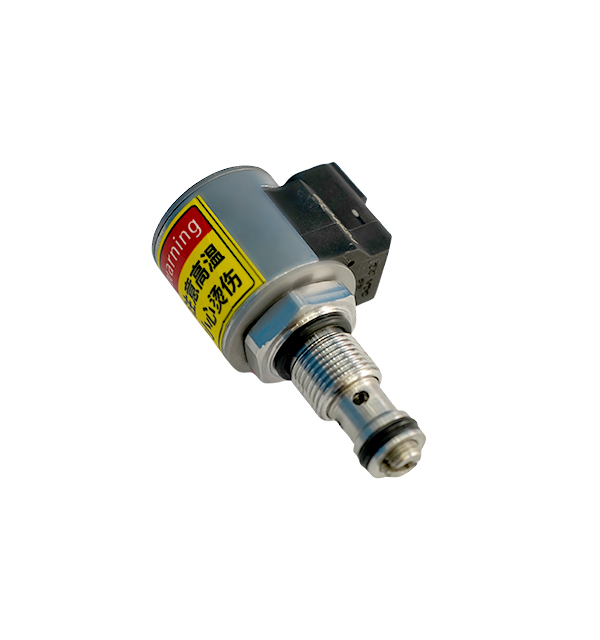Scope of Application for Globe Valves?
Due to their excellent sealing performance and flow control capabilities, globe valves are widely used in various sectors. Below are common application domains:
Industrial Sector:
Chemical Industry
Used for conveying corrosive media such as chemical raw materials and acid-alkali solutions. The tight sealing of globe valves prevents medium leakage, avoiding environmental pollution and equipment corrosion, while enabling flow control to meet different production process requirements.
Oil & Gas Industry:
Applied in crude oil transportation, natural gas pipelines, and refining processes to control fluid on-off and flow regulation. For example:
In wellhead devices to control oil-gas outflow;

In distillation and catalytic cracking units of refineries for pipelines transporting oils and chemical raw materials.
Power Industry:
Suitable for steam systems in thermal power plants, condensate water systems, and water supply/drainage systems in hydropower plants:
On steam pipelines, to control steam flow and pressure for normal operation of steam turbines;
In condensate water systems, to recover and transport condensate while preventing steam leakage.
Metallurgical Industry:
Used in cooling water systems, gas transmission systems, and oxygen pipelines of blast furnaces and converters in steel plants:
Controls cooling water flow to ensure equipment cooling;
Ensures safety by preventing gas leakage in gas and oxygen pipelines through tight sealing.
Construction Sector:
Water Supply & Drainage Systems
Installed in indoor/outdoor water pipelines of buildings to control water flow, enabling individual control of water points for easy maintenance. For instance, installing globe valves on branch pipes in bathrooms and kitchens allows shutting off specific valves during appliance repairs without affecting other areas.
HVAC Systems:
Applied in air conditioning chilled water/hot water circulation systems and fresh air systems:
Regulates flow in chilled/hot water pipelines to ensure uniform water distribution for air conditioning terminals;
Controls fresh air intake in ventilation systems to adjust indoor air quality.
Other Fields
Laboratories
Used in fluid experiment setups to control flow of experimental media, ensuring accuracy and repeatability of results. Examples include:
Controlling reactant flow in chemical experiments;
Regulating culture medium and reagent delivery in biological experiments.
Food & Beverage Industry
On beverage production lines, to control flow and on-off of raw materials, additives, and packaging water:
Tight sealing prevents impurities from entering pipelines to maintain product quality;
Flow control enables precise ingredient dosing for consistent product taste.
Pharmaceutical Industry
Applied in process pipelines of pharmaceutical plants, such as liquid medicine transportation, purified water systems, and steam systems:
Controls fluid flow and regulation;
Materials and sealing performance meet hygienic standards to prevent medium contamination, ensuring drug quality and safety.
Technical Features Highlighted
Sealing Reliability: Critical for hazardous or high-purity media (e.g., chemicals, pharmaceuticals).
Flow Regulation Precision: Enables process optimization in industries like refining and food production.
Material Adaptability: Corrosion-resistant materials (e.g., 316L stainless steel) for aggressive media in chemical/petrochemical sectors.
